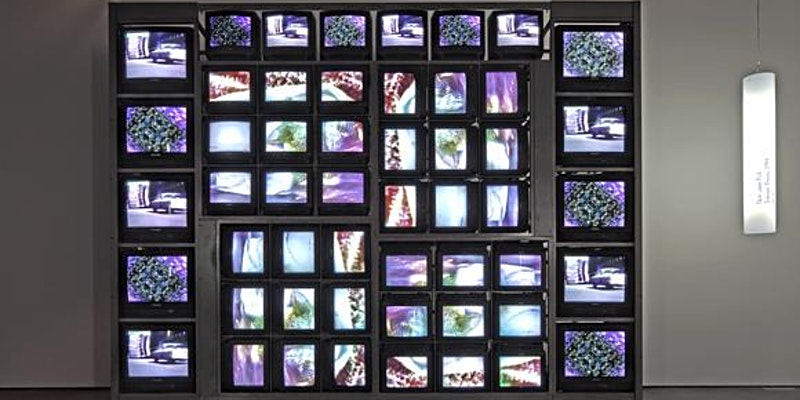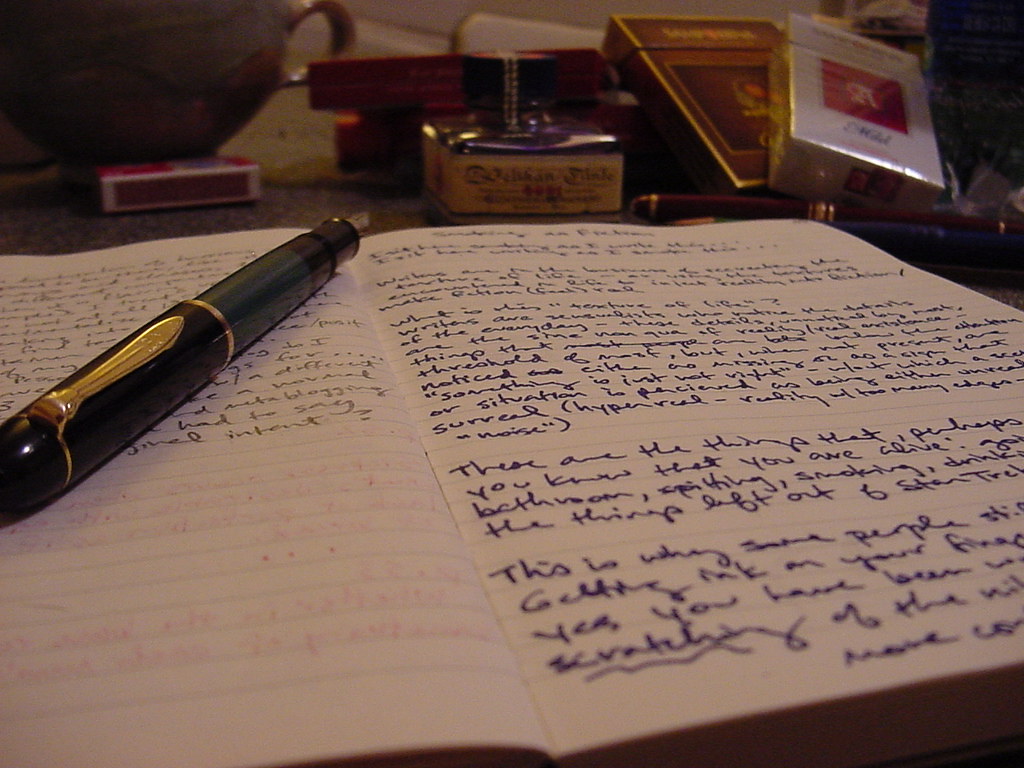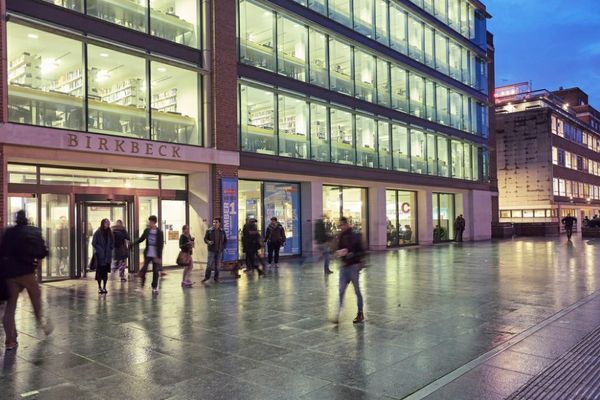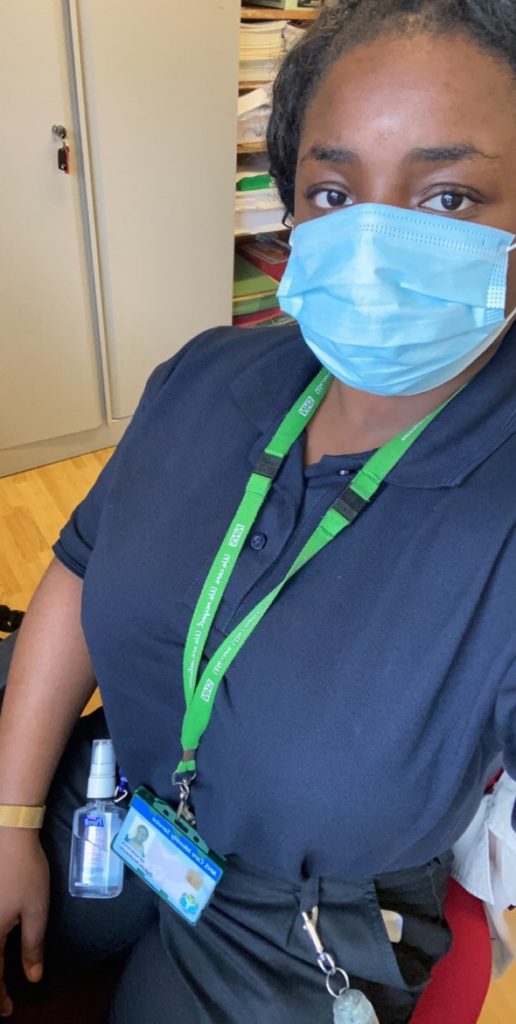New Doctoral training course open for applications until 3rd December, 5pm
We would like to draw your attention to a new doctoral training course entitled, Co-producing Doctoral Urban Research in the Global South.
This online short course has been developed by the Knowledge in Action for Urban Equality programme, led by Prof Caren Levy at the Bartlett Development Planning Unit, UCL.
It will run from 18-21 January 2021 and aims to:
- Mobilise urban equality and epistemic justice as critical lenses for engaging with urban development challenges for a diversity of students from universities across the UK
- Provide the space for a critical discussion about the theory and practice of knowledge co-production;
- Generate a supportive co-learning environment for students to reflect on the current or potential contributions of knowledge co-production to their doctoral research;
- Contribute to the development of a UK Urban Learning Hub which brings together urban researchers who engage with issues of knowledge co-production and urban equality.
Eligibility criteria
Applicants are required to:
- Be enrolled in a PhD programme at a UK university;
- Demonstrate that their doctoral projects show significant interest in, or are already committed to, address issues of one or more of the following concepts and approaches: epistemic justice, co-production and/or urban equality in relation to cities of the global South.
We particularly encourage applications from first and second-year MPhil/PhD students, but the course is open to everyone.
Please find attached the Course Overview, which includes information about the course structure and eligibility criteria.
For further details about the course and to download the application form, please visit: www.urban-know.com/resources-dtc
All queries and completed applications should be submitted to: dtc@urban-know.com
We would appreciate if you could share this announcement with doctoral students and supervisors in your department that might be interested.
We look forward to receiving applications by 3rd December 2020, 5.00 pm (GMT).









